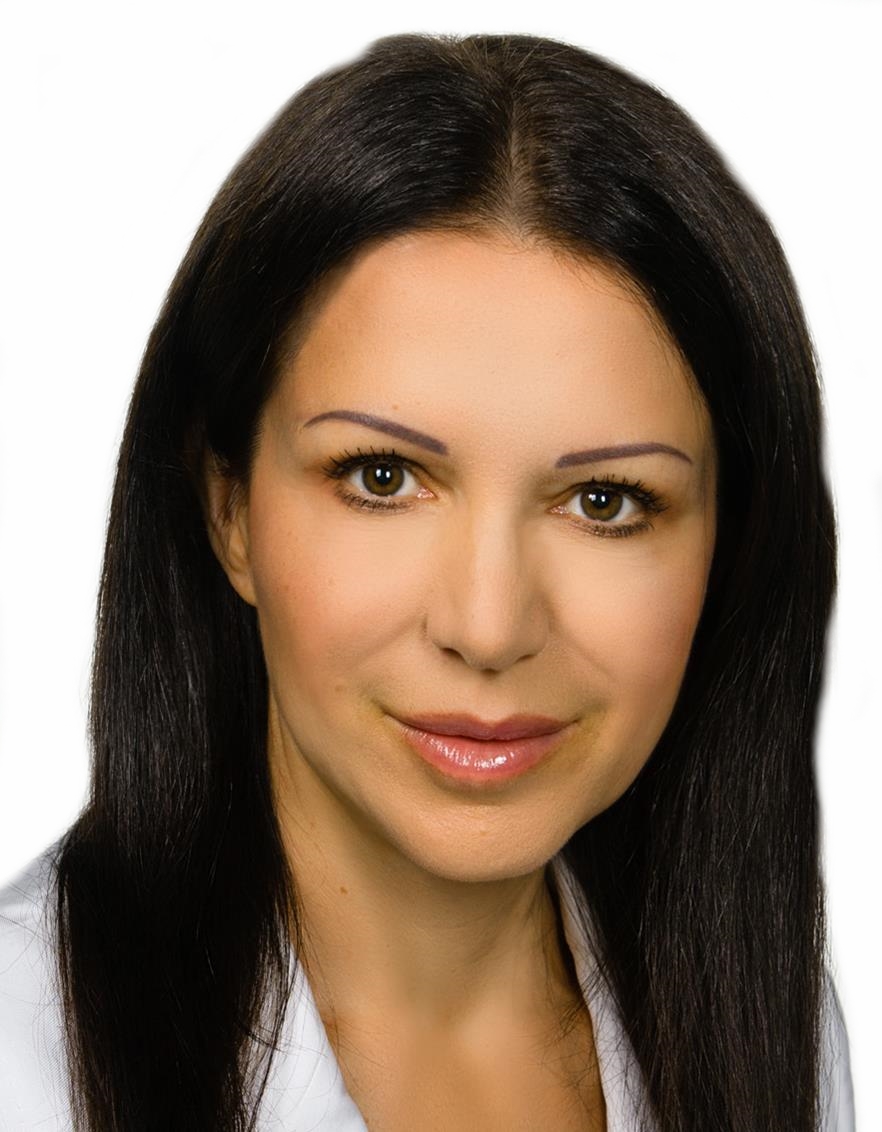04 February, 2016
ETNO Think Digital Interview: Creating a successful Digital Single Market
MEP Barbara Kappel: "The review should be about a real, free framework for competition" #ThinkDigital

 Historical reform is around the corner for Europe. What, in your view, should be the guiding principles for the European Commission in their review of the current telecom framework?
Historical reform is around the corner for Europe. What, in your view, should be the guiding principles for the European Commission in their review of the current telecom framework?
The aim of the review should be to satisfy the need for connectivity in Europe. The Commission has already identified an investment gap of about 100 billion Euro. The review must therefore create incentives to invest in new and faster networks and this is where infrastructure competition will play a key role.
Vice President Ansip clarified this goal in a speech last year. He referred to top-class connections available everywhere in the EU, built quickly and with the appropriate infrastructure.
Politics need to set the right incentives for companies to compete with each other across the Union. Review and subsequent changes must enable operators to meet the coverage requirements of Europe and they should not face local obstructions or investment-hostile ideas such as the idea that municipal broadband is needed to create competition. The review should be about a real, free framework for competition, in which public intervention is reduced to areas in which there is no business case.
The role of BEREC needs to be strengthened to foster coordination, help resolve cross-border disputes and give the body more insight into the development of the single telecom market.
In terms of finance, the real challenge to be addressed in the review is the huge investment gap for next-generation networks. It is already a good sign, that the Commission does not want public investments to meet this shortfall and that the review will aim on incentivising more private investment. I sincerely hope that these prerogatives will not be diluted by actors hostile to innovation, competition, and private investments.
What are your concerns, if any, regarding the EC’s Digital Single Market Strategy?
My main concern is that the text does not fully endorse infrastructure competition as the best driver for infrastructure investments. A market-driven approach is - in the vast majority of cases - the better choice. Public investments should only play a role in areas in which there is no alternative business case. Without a clear endorsement of competition in infrastructure investment, the EU may end up with a static, non-innovation-friendly idea of competition. In fact, studies have shown that infrastructure competition and market consolidation have a positive impact on the roll-out of infrastructure.
Another very important aspect is the regulation of oligopolies. No one wants oligopolies in any sector, but regulating a sector ex-ante is - in my opinion - the wrong way to tackle the potential threat of oligopolisation. This would put a massive burden on the shoulders of telecom operators and lead to more regulatory insecurity, which in turn hampers investments and innovation.
Unfortunately, these concerns are not very well addressed in neither the Commission's nor the Parliament's text on the DSM strategy.
A last big concern is related to platform neutrality. Finding an adequate regulatory framework is not an easy task, but as the cases of Uber and AirBnB show, a European approach is necessary to trump the anti-innovation policies that exist in some countries and to provide a clear legal framework for web entrepreneurs and platform users.
Europe is trying to reach some very positive goals with its DSM strategy, but the right environment must be created: as long as national policies continue to overregulate, creating an environment that is hostile to innovation and free markets, the strategy is not even worth the paper it is printed on. A strategy does not create jobs per se and does not stimulate growth simply because it is adopted! What we need now are the right instruments for implementation in an environment that reflects the freedom and fluidity of the internet in the real world of entrepreneurs.
What impact do you think a successful Digital Single Market will have on the professional and private lives of Europeans?
Well, I can see mostly positive impacts on the professional and private lives of European citizens. They will be offered a wider range of content once geo-blocking is lifted, they will be able to access a wider range of products once the liability and tax-questions for SMEs are clarified (SMEs would like to offer their products across borders) and citizens will be able to access services across Europe by choosing the offer that is most tailored to their needs.
Despite all this enthusiasm, a lot of work needs to be done. Against the claims that Europe has a fantastic single market, we have to face reality: There are 24 different languages, each country has its own VAT-regime, its own copyright framework for digital content, its own regulations for platforms and web-entrepreneurship and there are huge liability issues when doing cross-border business. All of which mean resources and barriers for SMEs and small entrepreneurs to pursue the opportunities the Single Market offers.
The Digital Single Market Strategy should first and foremost be a strategy to measure results. We need a change in the culture of European entrepreneurship. We need to allow ad hoc systems for digital entrepreneurs to work properly without lengthy admission processes and we need a strong legal framework that provides sufficient certainty to users. Only with these very fundamental changes can we encourage 33% of SMEs - the quota foreseen by the DSM Strategy – to use the internet as a sales channel.
What role do telcos and telecom networks play within the digital ecosystem of the future?
The Digital ecosystem on one side and telcos and telecom networks on the other will mutually influence each other's operations. Operators will play a central role in building platforms and bridging developers and innovators with manufacturers and distributors. This also means that the traditional business models of telcos will blur at the boundaries of media and information and technology industries. The boundaries used to be very stable, based on generating return on capital-intensive network infrastructure assets within a highly regulated environment. Telecoms will encroach more and more on the turf of media and communication enterprises and the current regulatory framework will need to be adapted to fit this new landscape.
Telcos and networks will be a driving force behind this trend towards blurred business models as they develop new streams of revenue, content creation and distribution as well as payment services.
At the same time, traditional media companies will encroach more and more on the turf of communication services by upgrading their own infrastructure or using the already existing infrastructure of third parties. This poses questions concerning spectrum, regulation, copyright, platform neutrality as well as whether there will be a collision between industries that only focus on maximizing their share rather than maximizing the overall pie, so to speak.
Achieving a win-win situation largely depends on whether the regulatory environment is conducive to factors such as wealth creation, intellectual property in the digital sphere, infrastructure competition, standardisation and spectrum availability.
Connectivity depends on the availability of spectrum. What do you think should be the way forward in this area to ensure the further digitalisation of Europe?
The main problem with spectrum is its finiteness: you can only allocate it more efficiently, but you cannot produce "more" of it.
New spectrum bands must be opened up to telecom providers and their new types of services – such as television - to adequately meet the needs of full mobile coverage and to respect the new blurred lines: Digital services and their providers are not clear-cut and cannot be divided into “silos”. As well as incentivising more private investment - which as already mentioned should not come from government regulation, but from the works of a free market - it will be necessary to have a harmonised framework for spectrum allocation to ensure legal security for investors. The role of BEREC in this context is another important question. To take an example from the realm of energy, it is evident that attempts to make ACER a single European regulator have revealed flaws and issues due to their circumscribed and limited mandate. It is also clear that national regulators will not be happy to be reduced to mere advisory functions in the wake of a super-imposed regulator.
Either way, in view of the development of 5G, more coordination in the use of radio spectrum is definitely required. Otherwise the demands for high-speed communication networks, IoT and all other prerogatives of the DSM strategy will not be reconciled. I would therefore welcome any proposal touching upon common EU-wide criteria for national radio-spectrum allocation.
By ETNO #ThinkDigital, Brussels, 04.02.2016
***
MEP Barbara Kappel's CV can be found here.

